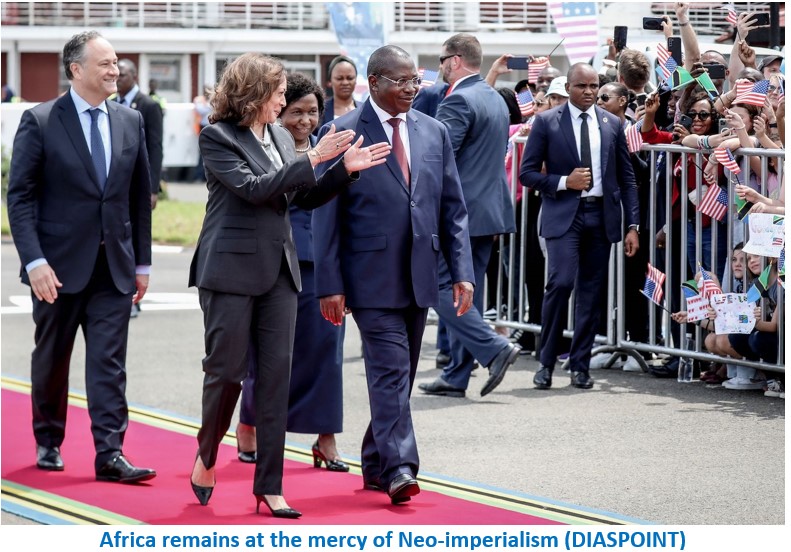Washington Should Reconsider Its Economic Gameplan in Africa
Post By Diaspoint | May 8, 2023

China, India, and the Gulf countries have pursued a combination of trade and aid the United States can learn from
Under the Biden administration, the United States seems keen to reengage with Africa. U.S. Secretary of State Antony Blinken traveled to Ethiopia and Niger in March. Later that month, U.S. Vice President Kamala Harris visited Ghana, Tanzania, and Zambia. And U.S. President Joe Biden has announced plans for an official trip to Africa later this year. These trips come as China, India, and the states of the Gulf Cooperation Council (GCC)—Bahrain, Kuwait, Oman, Qatar, Saudi Arabia, and the United Arab Emirates (UAE)—steadily increase their influence across the continent.
This increased attention is in part because it is becoming clearer that Africa has potential to be the site of significant economic expansion. By 2030, around 20 percent of the global population will live in Africa, rising to 25 percent by 2050. Africa’s GDP, currently around $3 trillion, is projected to increase significantly by 2050. Improvements in education, technology, and infrastructure combined with demography to facilitate GDP growth in Asia over the last two decades; Africa could benefit from the same factors in the future.
Africa is also a site of geostrategic competition, where Western governments aim to use political instruments and aid to counter China and Russia. Like Beijing, Washington has hosted its own Africa summits, albeit inconsistently; it also provided $8.5 billion in aid to Sub-Saharan Africa in fiscal year 2021, up from previous funding levels. But these efforts—which focus on health, social development, and democratic governance—have met with limited success. By contrast, China, India, and the Gulf countries have invested in infrastructure improvement, manufacturing, mining, and farming. Their combination of diplomacy, aid, investment, and trade has gained more traction—as reflected by trade volumes. Their example shows how the United States could better reengage with Africa by sharpening its economic gameplan.
Between 2010 and 2016, more than 320 foreign embassies opened across Africa—part of what was dubbed a “new scramble” for the continent. These included diplomatic missions from Kuwait, Qatar, Saudi Arabia, Turkey, and the UAE. In 2019, India announced it would open 18 missions in Africa. During this time, the United States did not significantly expand its diplomatic presence on the continent. In fact, U.S. embassies in Africa have faced a staff crunch, possibly because of Washington’s military and diplomatic preoccupations elsewhere.
Read More from original source
